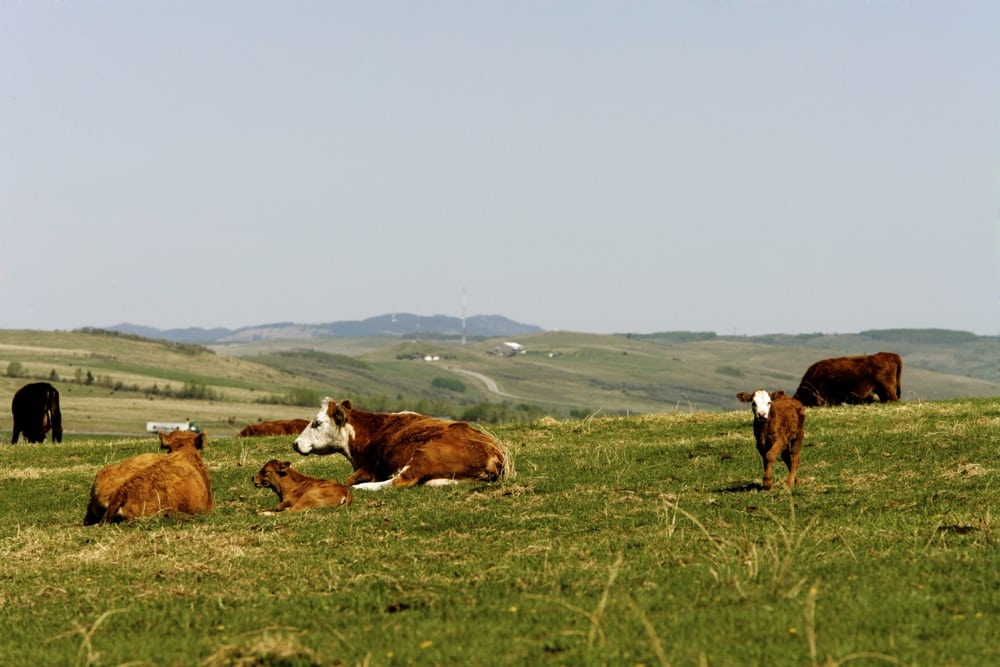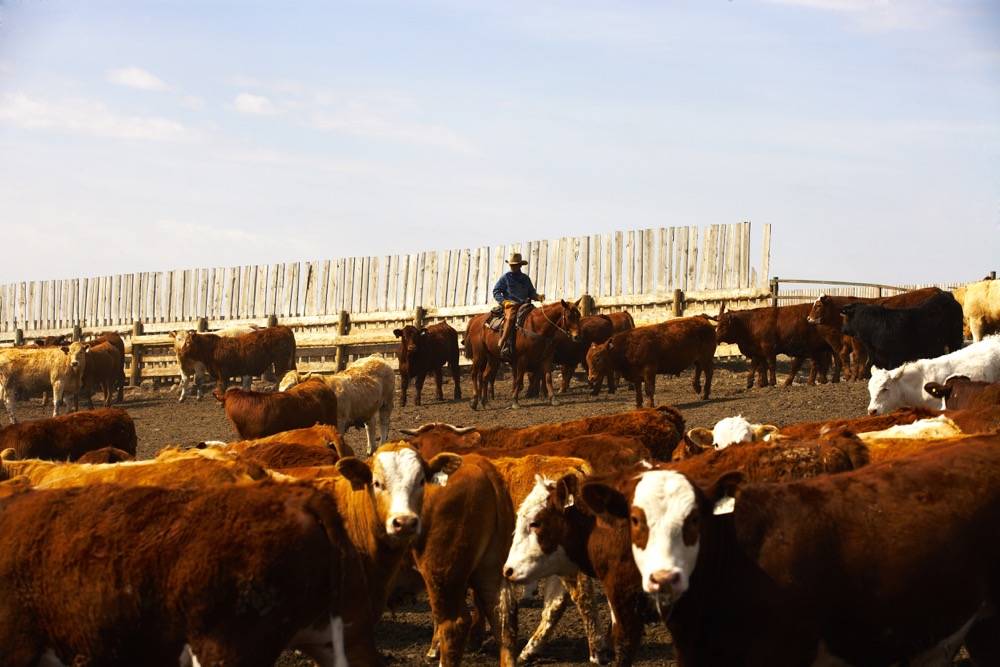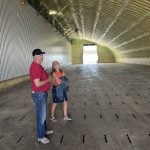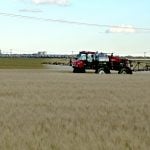To kick off the 2022 Alberta Beef Producers annual general meeting, Cecilie Fleming encouraged delegates to be hard on the issues but soft on people.
Fleming co-chaired the association’s in-person event at Red Deer, Alta, in early March, along with Howard Bekkering. She knows that open, honest discussion and considering the entire issue are key to making tough decisions, but it’s just as important to be fair to each other.
“When the decision is made, we move forward, and not every decision is perfect, either. We’re human. But we don’t need to be mad at the person who brings forth a different idea,” says Fleming, who runs Fleming Stock Farm with her family at Granum, Alta.
Read Also
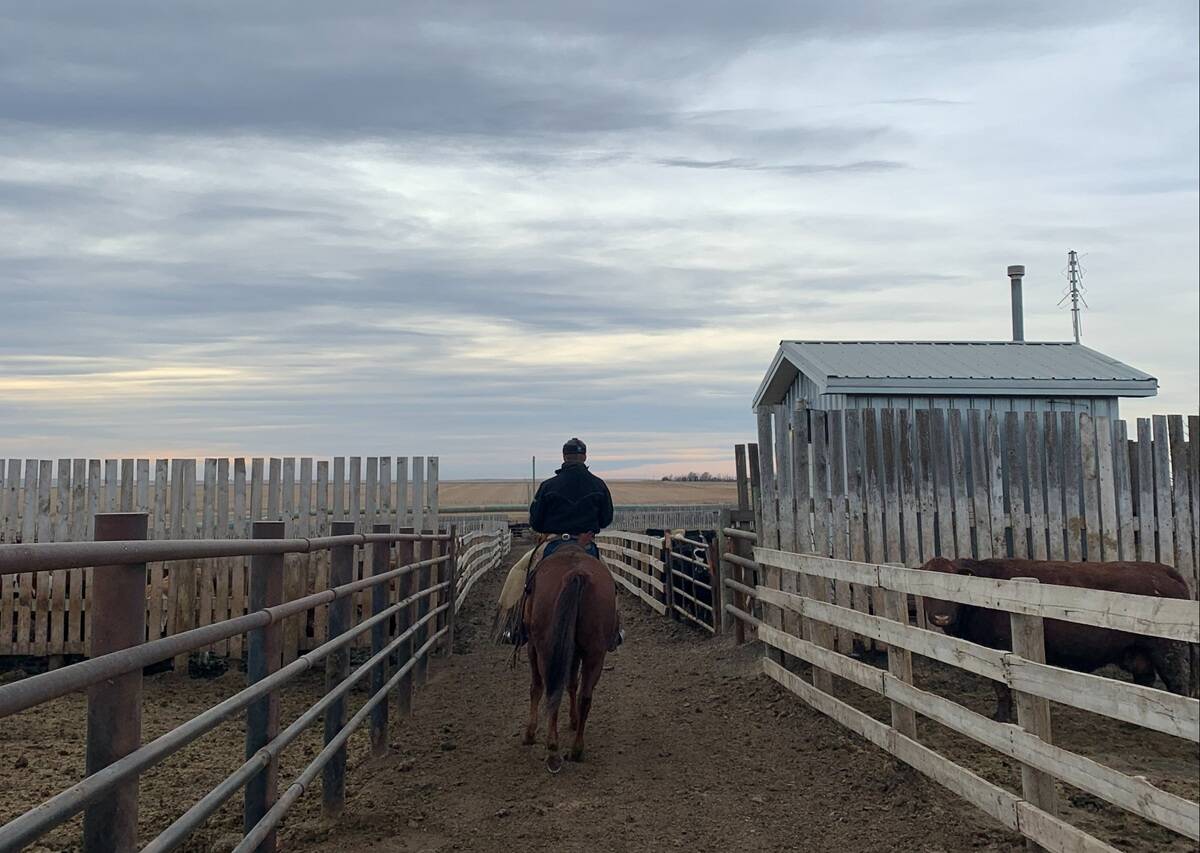
Pen riders still better than tech at detecting respiratory disease in feedlot cattle, says researcher
Recent research found that pen riders are better than tech at flagging signs of BRD in feedlot cattle
“Someone may be bringing an issue from a producer. It might not be their personal opinion, but they’ve done their due diligence by bringing it forward for their producers, and so we have to give the producer the respect,” she continues.
“It comes down to respect: respect our producers, respect each other as delegates.”
A past ABP delegate and board member, Fleming has chaired the association’s AGM several times as a third party, separate from the current delegates and staff.
“I think of myself as Switzerland; you have to be neutral, but it’s good to have somebody who has industry knowledge and knows the team,” she says.
Fleming was among the many attendees excited to be gathering in person, and she notes that while virtual meeting options can be convenient and have their place, there’s something about connecting face-to-face that can’t be replicated online.
“You can feel somebody’s body language, you can look them eye-to-eye, you can have the side conversations, which (is where) a lot of work happens, during the break. You can pull somebody aside and say, ‘This is my perspective,’ or ‘Have you thought about this,’ or ‘We need your support on this.’”
The opportunity to get to know other stakeholders through in-person conversations allows for your passion on the issues to shine through, she says.
“It’s that human side, because you never know who’s connected to who,” says Fleming. “So if you’re having trouble getting through a door, sometimes a door can be opened just by having a conversation with somebody and getting a feel for who you are and how important it is, because maybe they don’t realize how important it is to our industry, so these side conversations are very important.”
Just as important is the opportunity for resolutions from ABP’s producer meetings to be brought to the AGM and debated. Fleming sees this as the organization’s key link to the producers, setting direction for the delegates and staff.
“The resolutions at the AGM are the connection to our grassroots,” she explains. “The directors or delegates are bringing back resolutions from the people on the ground, and so that is the stuff that is very important to get done.”
This level of communication with producers is what Fleming considers to be especially valuable about organizations such as ABP.
“We need to invest the time that it takes to run a democratic organization, and listening to our producers and connecting with our producers is vital,” she says.
This value extends to effective communication beyond the industry to advocate for beef production, something she believes is crucial to the future of the cattle business.
“If we do not get around as many tables as possible as beef producers, someone is going to be there…(filling that) void, and they’re going to make decisions on our behalf that impact us. So it is incumbent upon us to get to those tables, bring our perspective, because they don’t necessarily know our business.”


